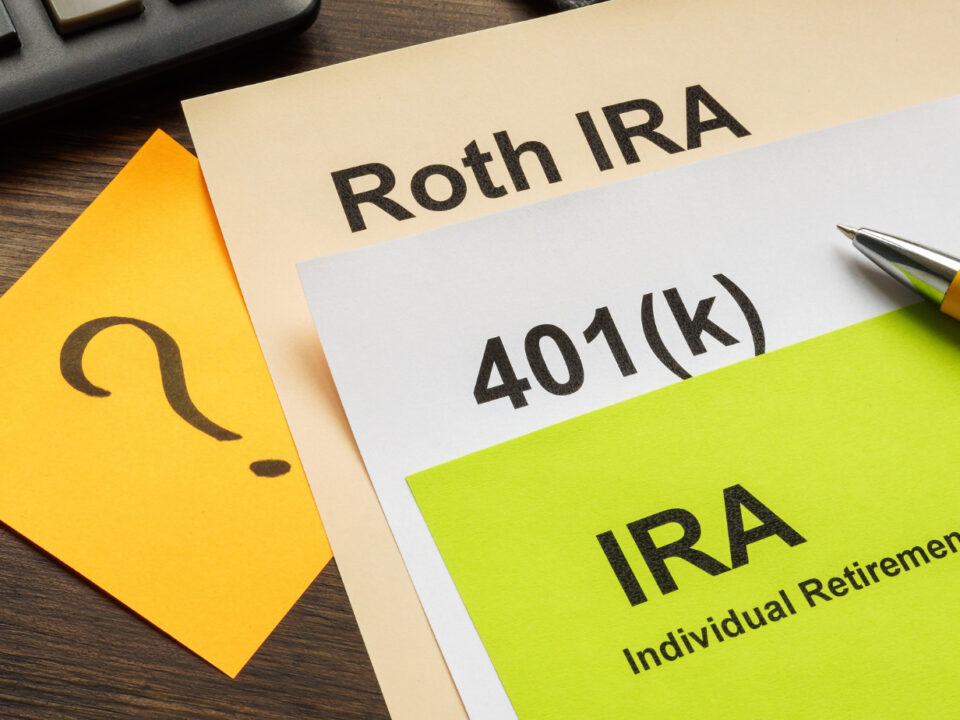- EXPERIENCED LAW FIRM IN TOLEDO, OH
- (419) 662-3100
What Happens When an Ohio Estate Can’t Pay Its Debts?

How to Use a Special Needs Trust in Ohio
November 1, 2025
How to Use a Family Settlement Agreement in Ohio
November 14, 2025
Executor’s Guide to Insolvent Estates
Serving as an executor is stressful even in the best circumstances. When you realize the estate has more bills than money, that stress can spike fast. Medical debt, credit card bills, nursing home charges, and tax notices start arriving at once. Creditors call. Family members ask when they’ll receive their inheritance. And through it all, you’re trying to follow the law, keep good records, and avoid making a mistake that could cost you personally.
Ohio has a clear legal process for handling insolvent estates, and when you understand the steps, everything becomes more manageable. Insolvency means following a structured plan.
The first priority in an insolvent estate is not paying the wrong bill at the wrong time. Ohio’s rules are designed to prevent exactly that, which means you should slow down, take inventory, and get everything in writing. Don’t rush to pay a hospital bill or a credit card simply because someone is calling you. Once an estate dollar is spent, you cannot get it back without a court order.
Open a proper estate bank account, route all funds through it, keep every receipt, and maintain a simple ledger. These routine steps will protect you later if a creditor challenges your decisions. Debts are paid from estate funds, not your personal bank account. Paying from your own money can expose you to unnecessary personal liability.
Ohio’s Six-Month Rule
Many executors assume they must respond to every bill immediately. In Ohio, that’s not true. The state requires most creditors to present their claims within six months of the date of death. That deadline applies whether the estate opens right away or months later.
If a creditor does not properly present a claim within that six-month window, the claim is barred even if the debt is legitimate. That means paying a claim too early could result in the estate overpaying, especially if you later discover a higher-priority claim that arrived on day 179.
The safest strategy is to treat the six-month window as the estate’s “sorting period.” Gather claims, request itemizations, and organize medical bills by date of service. Once the deadline passes, you’ll have the complete picture of which claims are enforceable and which are not.
Who Gets Paid First
When debts exceed assets, the executor becomes the referee. Ohio law requires all payments to follow a strict statutory order, often called the “priority ladder.” You cannot skip a rung to pay someone out of convenience or sympathy, and you cannot pay lower-class creditors until all higher-class obligations are satisfied.
The priority ladder starts with administrative costs (court costs, executor fees, attorney fees) and funeral expenses. It continues to the family allowance for a surviving spouse or minor children, then moves to federal debts, last-illness medical bills, nursing-home charges from the decedent’s final continuous stay, taxes, Medicaid Estate Recovery, and finally unsecured debts like credit cards.
If a class cannot be fully paid, you divide the available amount proportionately among the creditors in that class before moving on.
Medical Debt in an Insolvent Estate
Hospitals and nursing homes may send large, complex statements covering weeks, months, or even years of care. Ohio law treats these charges differently depending on when they occurred. Bills for the final illness fall in one category; charges from the final continuous stay in a nursing home or hospital fall in another; older medical debts collapse into the general unsecured category.
This matters because placement on the ladder determines whether a medical creditor gets fully paid, partly paid, or not paid at all.
Medicaid Estate Recovery adds another layer: the state is entitled to recover certain benefits paid during life, but only at the appropriate step in the Medicaid estate recovery process. Sorting medical bills by date, type, and provider is one of the most critical jobs in an insolvent estate.
When You Realize the Estate Is Insolvent
Once you’ve inventoried the assets, reviewed the timely claims, and done the math, you’ll usually know whether there’s enough money to pay every class. If there isn’t, you should notify the probate court. Filing an insolvency report is a request for guidance and a record that you’re following proper statutory procedures.
The court can help you approve reserves, settle disputed claims, and document pro-rata distributions.
Executor Liability
Executors are rarely personally liable for estate debts, but the exceptions almost always occur in insolvent estates. Trouble typically comes from:
- Paying a claim that should have been rejected as late
- Paying a lower-priority creditor before a higher-priority one
- Distributing money to beneficiaries before debts are handled
- Paying expenses without proper documentation or court approval
Managing Creditors and High-Pressure Bills
Creditors calling daily doesn’t make their claim any more valid. Hospitals can pressure executors to pay immediately, collection agencies may threaten action, and nursing homes may send aggressive follow-up statements. None of that changes the statute.
You can confidently tell creditors that:
- The estate is currently within the statutory claims period
- All claims must be presented in writing
- Payments will follow the required legal priority order
If you’re looking at medical statements, credit card balances, tax letters, and noticing your bank account getting smaller, remember, you don’t have to handle it all by yourself. We’re here to help Ohio executors understand which claims need to be paid, which can be rejected, and how to stay safe throughout the process.
Have creditors? Get a no-pressure case review of your estate’s debt picture. We’ll walk you through the math, the priority ladder, and your next steps clearly and without obligation.








